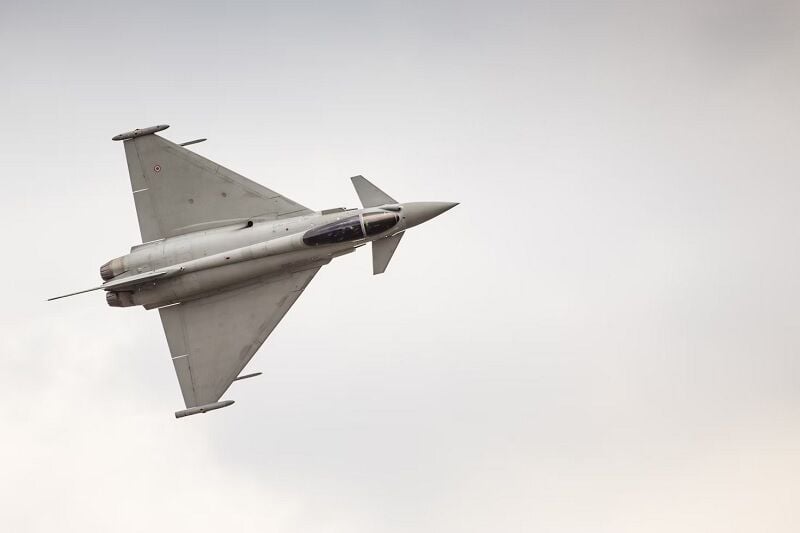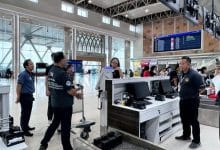Thailand allocates 15.3 billion baht for VIP aircraft and helicopters

The 2025 budget bill outlines the allocation of 12 billion baht for a new VIP aircraft and 3.3 billion baht for two mid-sized helicopters designated for important passengers. These additions aim to bolster the Royal Thai Air Force’s (RTAF) capabilities in supporting various training programs and other essential activities.
Intended to replace the ageing Airbus 304 scheduled for decommissioning in 2029, the new VIP aircraft is part of a strategic upgrade. RTAF Commander-in-Chief Punpakdee Pattanakul highlighted the necessity of a long-haul aircraft for vital passengers and emergency assistance during conflicts or disasters.
“Thailand needs a long-haul aircraft for important passengers and for providing assistance during emergencies such as war or disaster.”
The new aircraft would also serve the prime minister and Cabinet members, eliminating the reliance on chartered planes. Recently, the existing Airbus 340-500 was utilised to evacuate Thai workers from Israel and Sudan, demonstrating the practical need for such an asset.
The two mid-sized helicopters would enhance the RTAF’s search and rescue operations and other emergency services. The specific models for the aircraft and helicopters are yet to be chosen, pending budget approval.
Punpakdee added that the approved budget had to be known first before deciding on the models.
This procurement underscores Thailand’s commitment to maintaining a robust and responsive air force, ensuring readiness for both official duties and unforeseen crises, reported Bangkok Post.
In related news, Thailand’s aviation hub dreams are delayed by global supply issues, Thailand’s ambition to become the leading aviation hub in the region by 2030 may face significant delays due to global supply chain disruptions, according to the International Air Transport Association (IATA).
The country needs to remove unnecessary regulations and accelerate digitalisation efforts to improve aviation efficiency.IATA reports that 1,583 aircraft will be delivered globally in 2024.
However, IATA’s Senior Vice-President of sustainability and chief economist, Marie Owens Thomsen noted that the number of jet deliveries has been reduced by about 150 due to delays across the supply chain, including aircraft, engines, and parts.
Latest Thailand News
Follow The Thaiger on Google News:


























